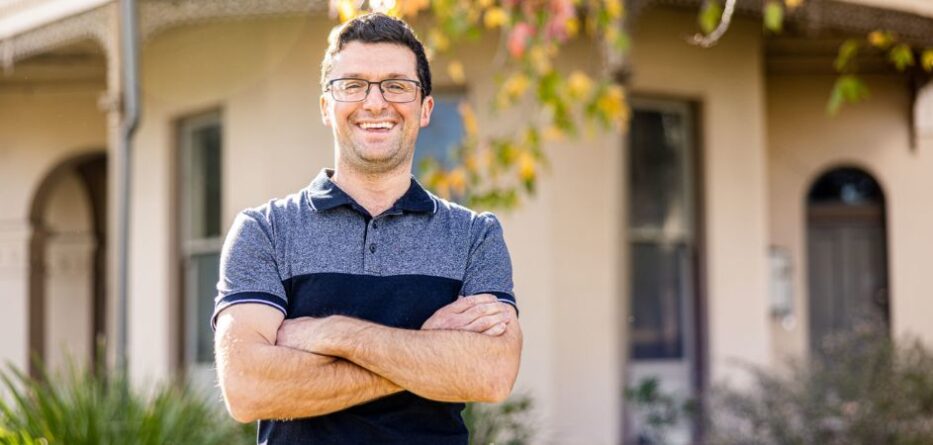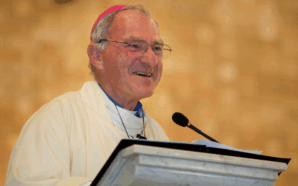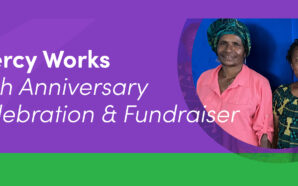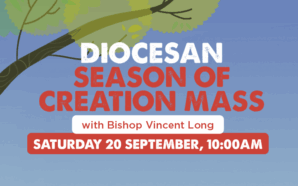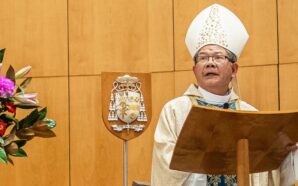The head of a team that looks after the welfare of serving and retired clergy in the Diocese has been appointed to lead a new national committee that aims to improve the standard of clergy care around the country.
Dr Mark Buhagiar, the head of Clergy Health and Wellbeing in the Diocese of Parramatta, has been elected chair of the National Network of Clergy Care Coordinators, a committee of the Bishops Commission for Evangelisation, Laity and Ministry, which is part of the Australian Catholic Bishops Conference.
It held its first meeting at the beginning of September.
According to its draft terms of reference, the committee will work towards “the spiritual, physical, psychological, social and emotional flourishing of the clergy”, and it will do this by fostering collaboration and developing resources and information that can be shared between dioceses.
Dr Buhagiar said the committee grew out of a loose network of clergy care coordinators around Australia in 2008, who would get together every year to swap stories and hear from external speakers. But over time they realised that they needed a more formal structure to better support each other and to help dioceses that didn’t have the same resources to look after their priests.
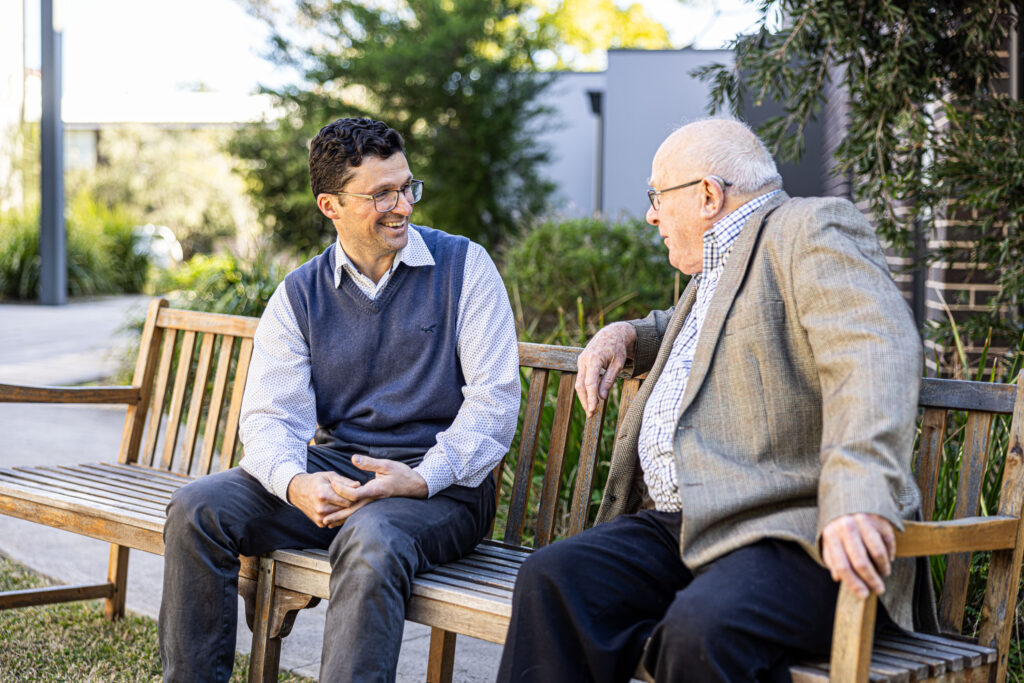
Retired Diocese of Parramatta priest Fr Arthur Cook (right) with Head of Clergy Health and Wellbeing, Mark Buhagiar. Image: Diocese of Parramatta
“It’s a fairly unique role that we have because we have a health background but we’re doing a lot of the social side of things as well,” he said. “We also have to understand the structure of the Church.
“When people say ‘what’s your job?’ I go, ‘well yesterday I spent the day as a removalist and today I fixed a computer problem in the morning, and I have to go and accompany someone to a specialist appointment in the afternoon’.”
He said his priorities during his term as chair of the committee would firstly be to focus on the delivery of care to clergy by improving the information and resources available on all aspects of clergy care, so that any diocese could access specific information – such as how to help priests after returning from hospital, or maintaining healthy lifestyles, or planning different care options for older age. This would hopefully plug any gaps that exist.
His second priority would be to investigate how care is provided for those in religious orders who often live and work in a diocese but whose care is the responsibility of their religious order. This could result in partnerships of care, especially with religious orders that have few members left in Australia, but may also enhance the network of people providing care to clergy and religious across Australia.
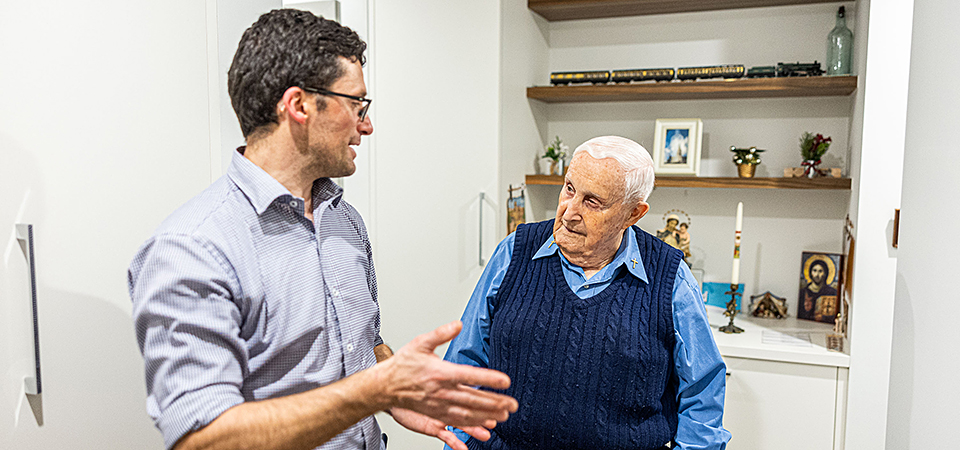
Head of Clergy Health and Wellbeing in the Diocese of Parramatta, Dr Mark Buhagiar (left), speaks with retired priest Fr Bob Sheridan OAM. Image: Diocese of Parramatta
“We don’t have a great awareness of how [religious orders] do that [care for their members]. We don’t have awareness of who’s involved in the care and so there’s an opportunity for us to work with them more closely,” Dr Buhagiar said.
The third priority for the committee was to work with the dioceses that don’t have any formal support services for their clergy and “support them to develop something”.
He said the biggest advantage of the new committee and the structures that are being put in place is that continuity of clergy care will be better supported even if an individual coordinator leaves a diocese.
“If history teaches us anything it’s that if you rely on one person and that person leaves then everything stops,” Dr Buhagiar said. “You’ve got to have it built into the structure of the place that this care continues on no matter who’s in the role.”




